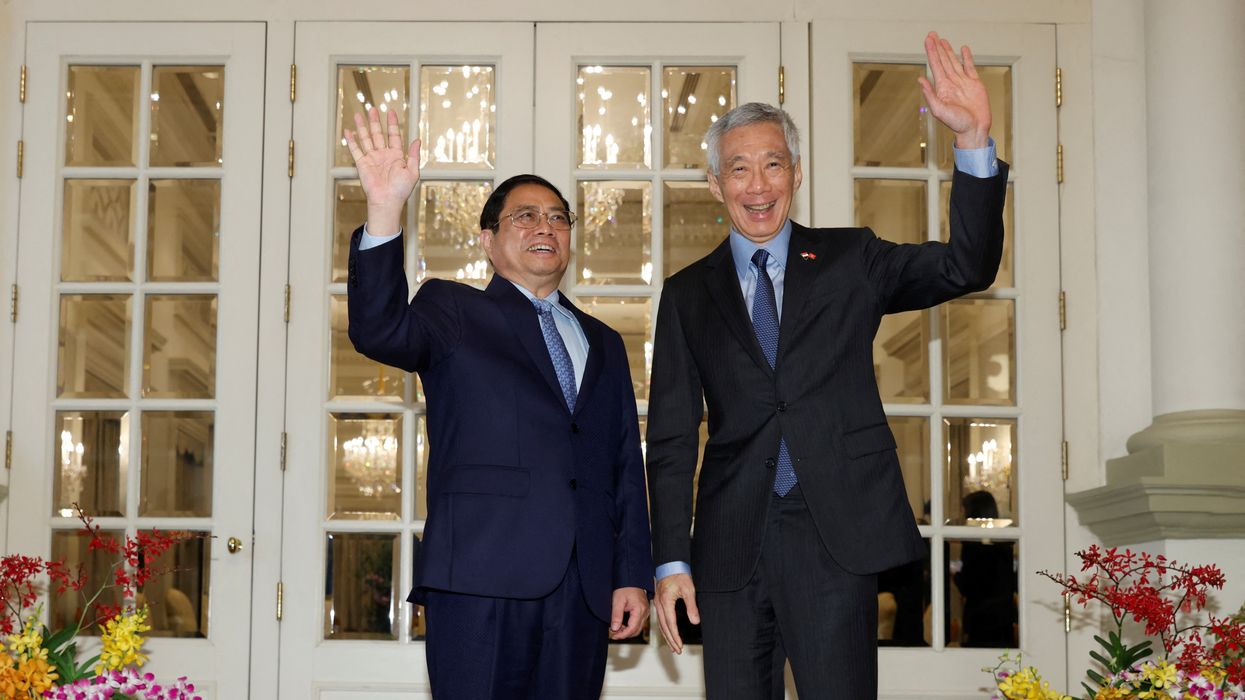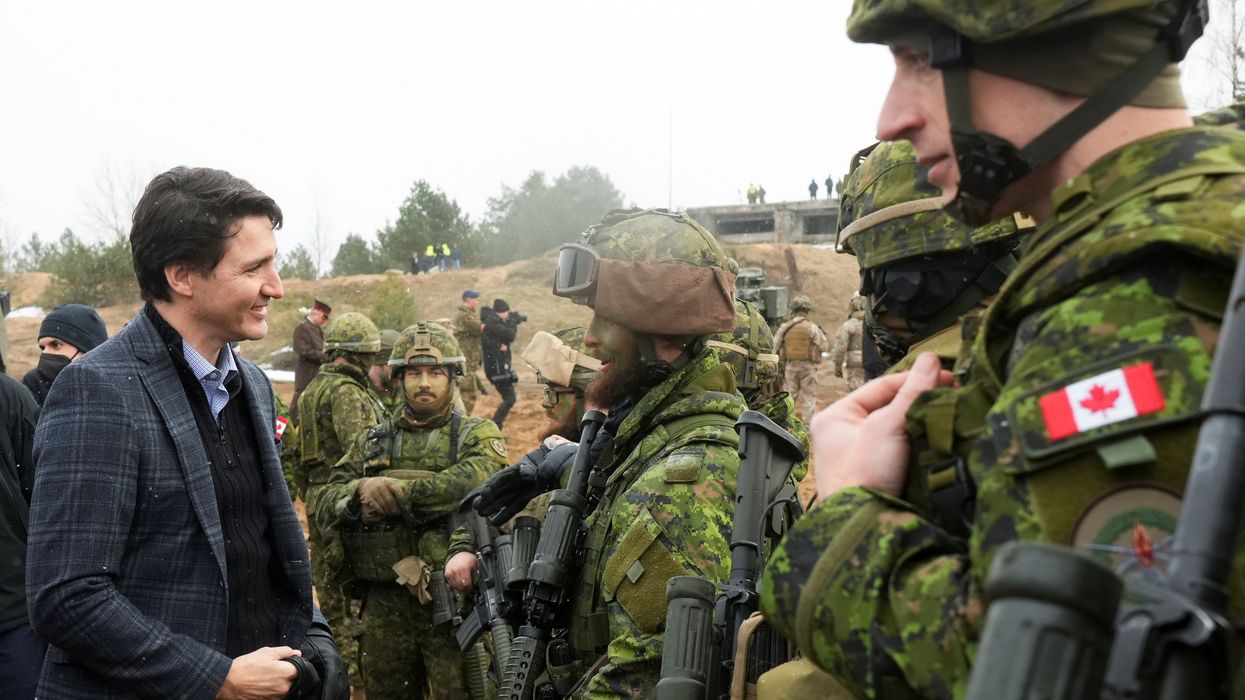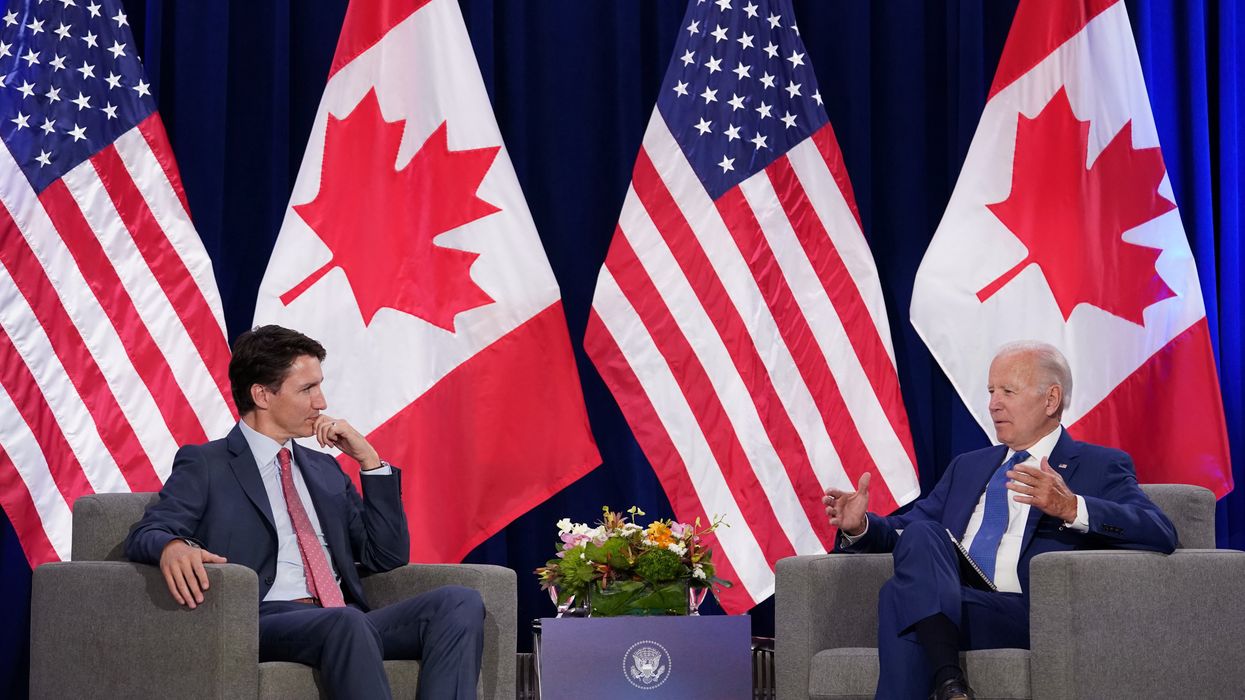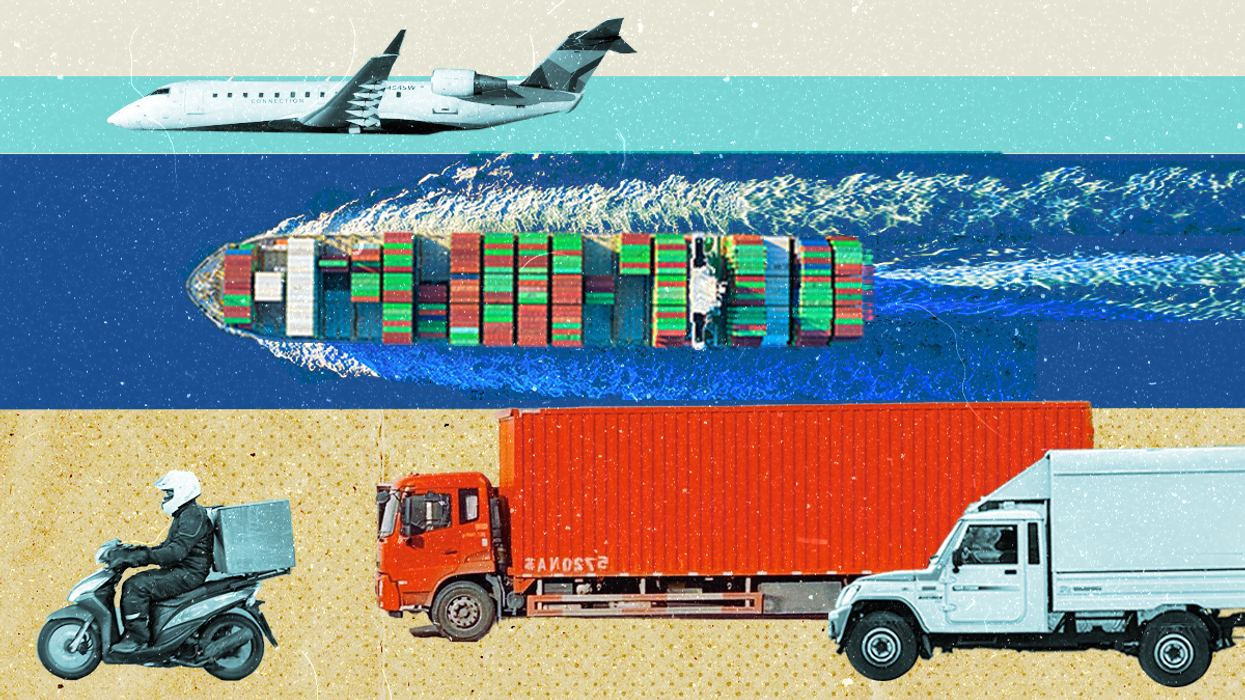What We're Watching
Friendshoring and the curious case of Vietnam
Post-Davos, another of the big trends we will be watching this year is the expansion of the “friendshoring” phenomenon that has seen a significant rise in the political proximity of trade (and a shift away from geopolitical rivals).
Jan 26, 2024




